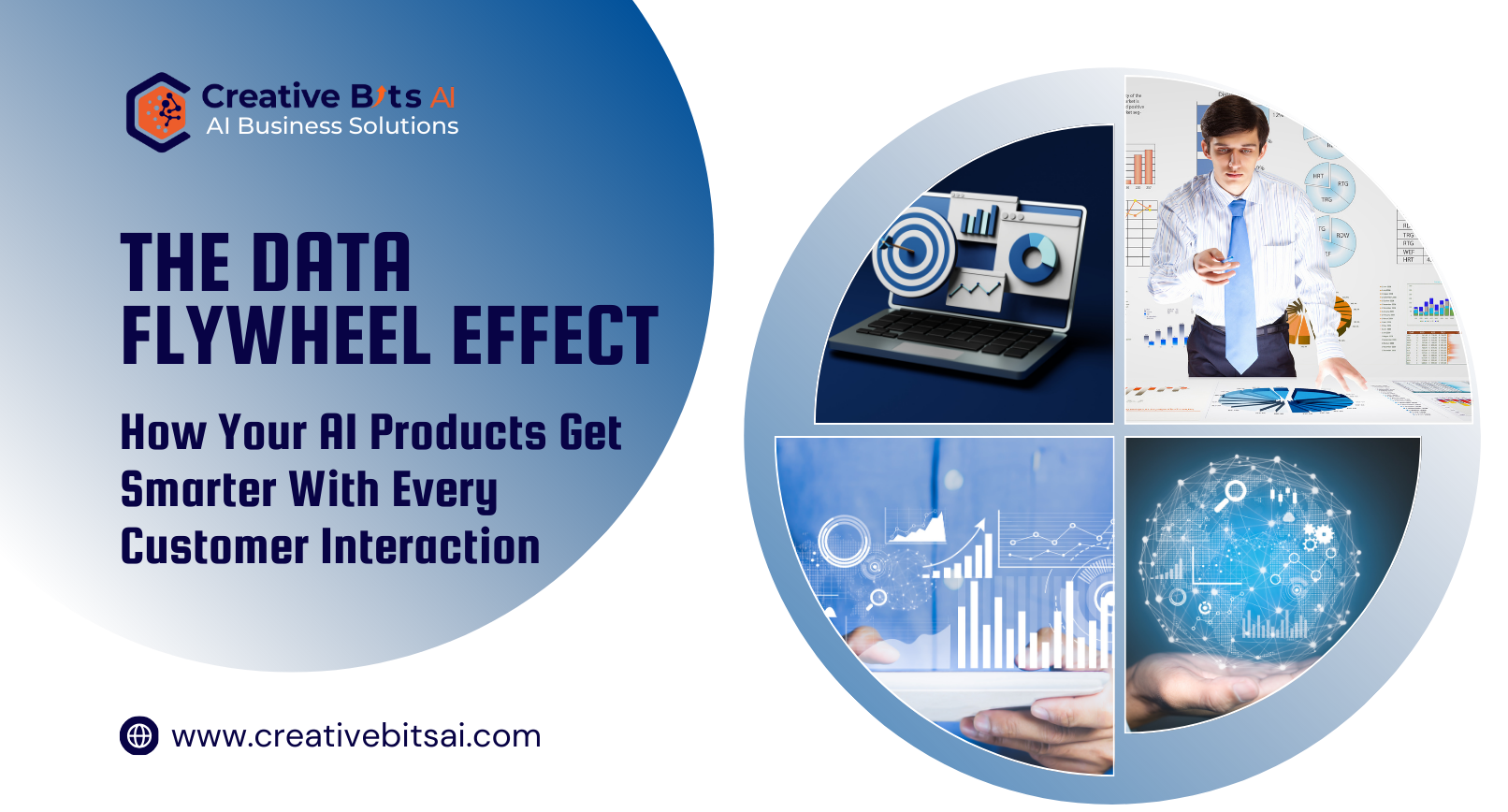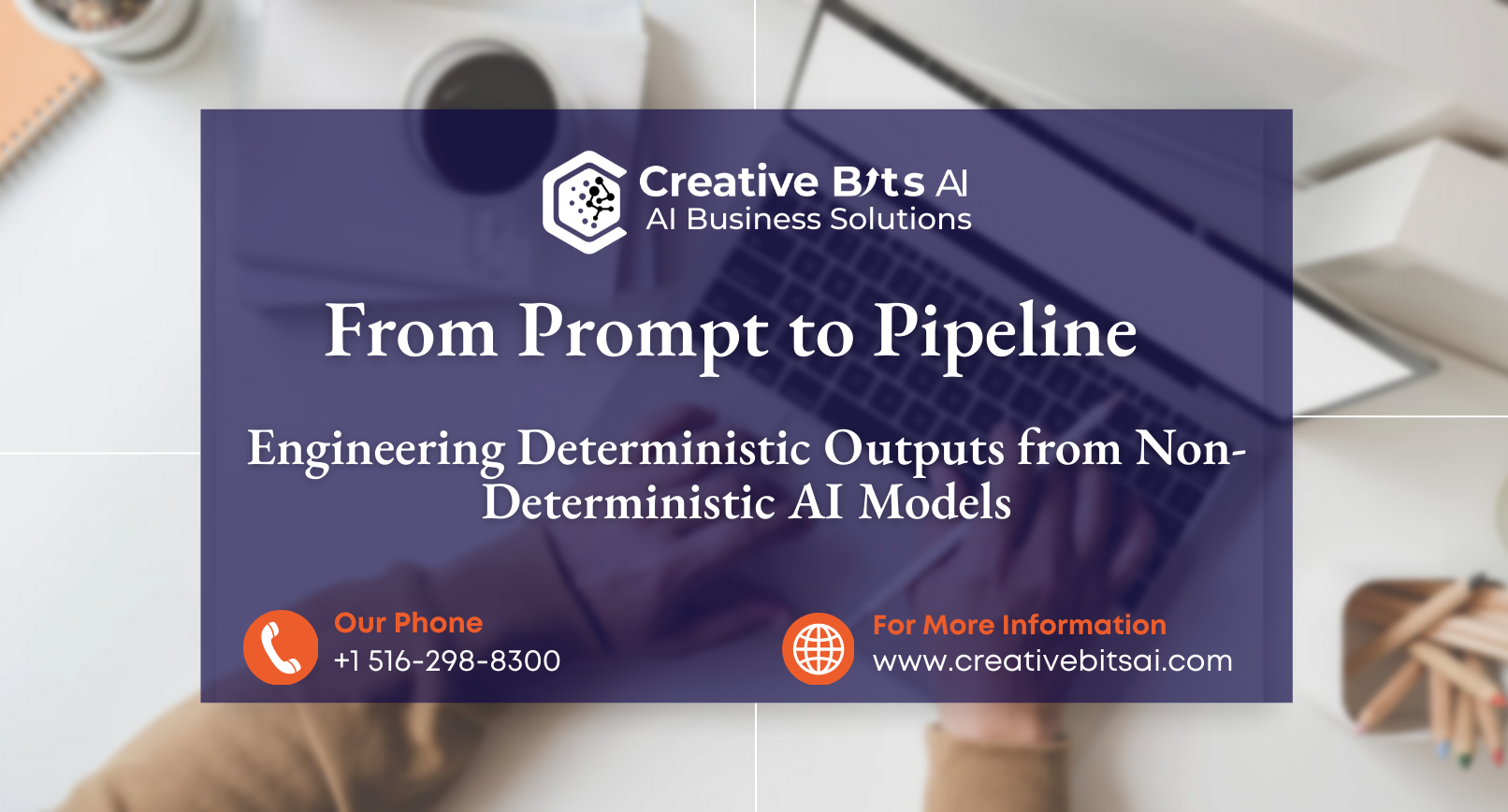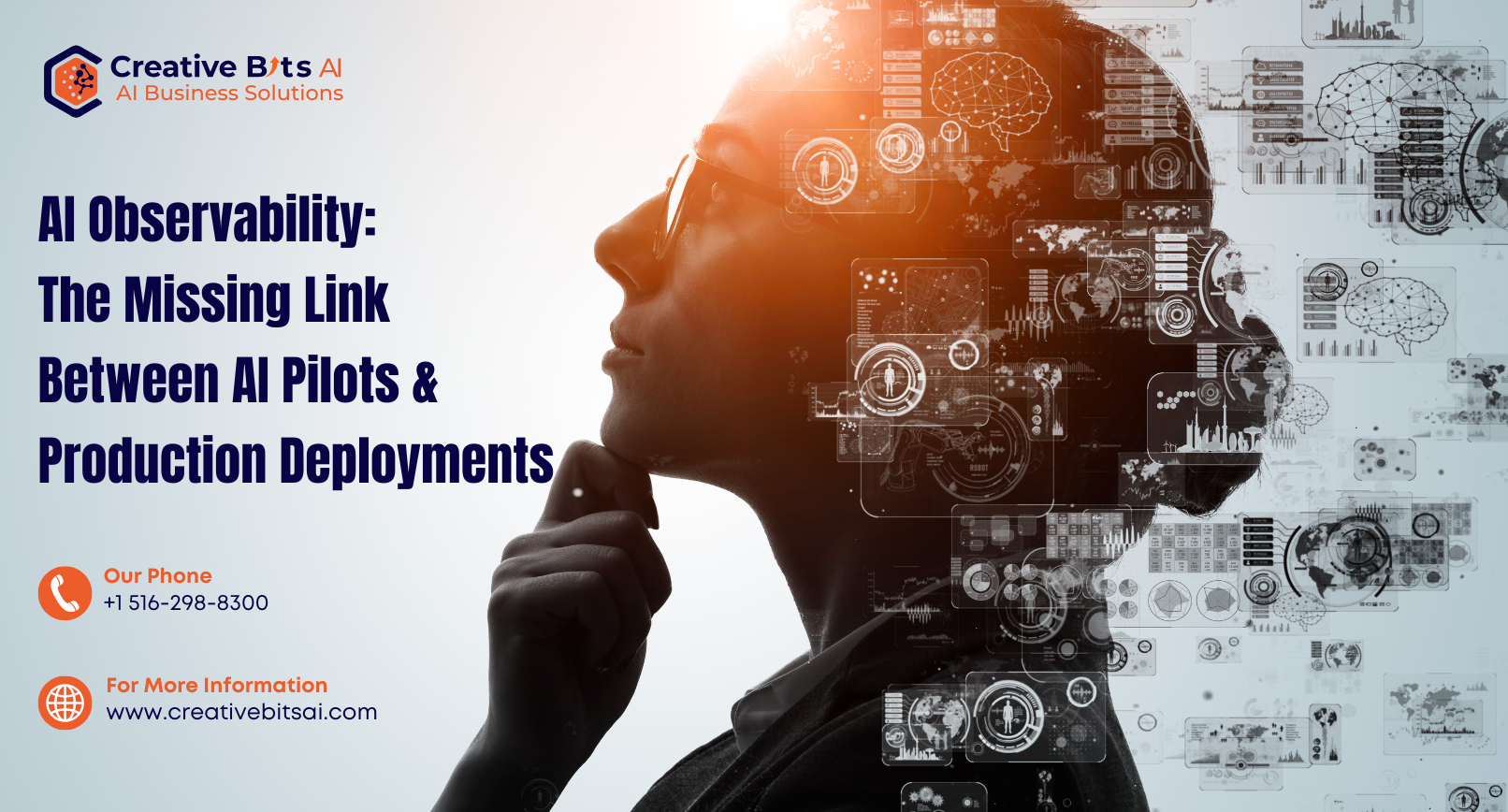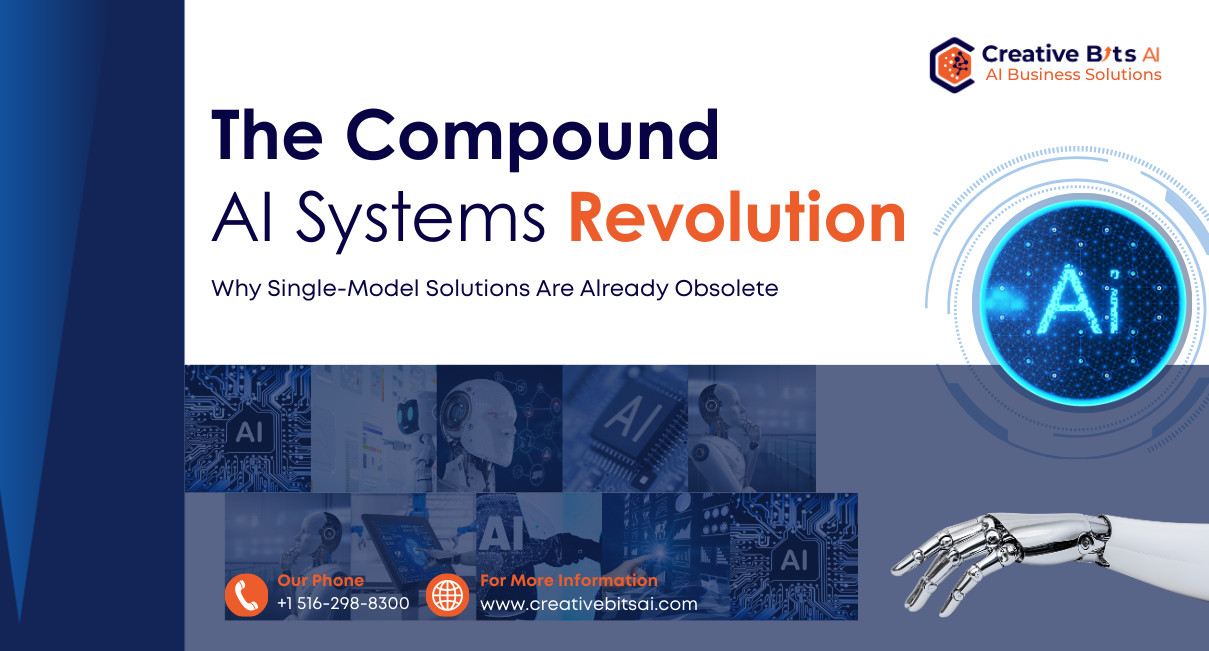In the rapidly evolving landscape of technology, startups are often the pioneers of innovation, constantly seeking ways to carve out niches and create value in a fiercely competitive market. Amid this dynamic environment, generative AI has emerged as a transformative force, offering unprecedented opportunities for startups to accelerate innovation, enhance customer engagement, and scale their operations with greater efficiency. This blog delves deep into how generative AI is reshaping the startup ecosystem, its key technologies, challenges, and the immense benefits it offers to emerging businesses.
The Evolution of Generative AI and Its Significance for Startups
Generative AI represents the culmination of decades of research and technological advancements in artificial intelligence. Unlike traditional AI, which primarily focuses on analyzing and interpreting data, generative AI moves a step further by creating new data—be it text, images, audio, or even code. This capability to generate original content based on learned patterns opens up a plethora of opportunities for startups, particularly those striving to innovate and differentiate themselves in saturated markets.
From Rule-Based Systems to Creative Machines
The journey of AI from simple rule-based systems to complex neural networks and deep learning models has been nothing short of revolutionary. Early AI systems were limited in their capabilities, relying on predefined rules and logical sequences to perform tasks. However, the advent of machine learning and, subsequently, deep learning has enabled AI to learn from vast datasets, mimicking human-like decision-making processes. Generative AI, powered by these advancements, has now reached a stage where it can not only understand context but also create new content that rivals human creativity.
For startups, this evolution is a game-changer. It allows them to leverage AI’s creative potential in ways that were previously unimaginable, from automating content creation to developing entirely new products and services. As generative AI continues to mature, its impact on startups will only grow, making it an indispensable tool for those looking to lead in their respective industries.
Key Technologies Driving Generative AI in Startups
The power of generative AI lies in the sophisticated technologies that underpin it. These technologies provide startups with the tools they need to innovate, scale, and compete effectively in a fast-paced digital environment. Here’s a closer look at some of the core generative AI technologies that are particularly relevant to startups:
- GPT-4 (Generative Pre-trained Transformer): The Language Maestro
GPT-4, developed by OpenAI, is a state-of-the-art language model that uses transformer architecture to generate text that is coherent, contextually relevant, and often indistinguishable from human writing. It is trained on a diverse dataset, enabling it to understand and produce text across a wide range of topics.
Applications for Startups:
- Content Creation: Startups can use GPT-4 to generate high-quality content for blogs, social media, marketing materials, and even technical documentation. This not only saves time but also reduces the need for large content teams.
- Customer Support Automation: GPT-4 can power chatbots and virtual assistants, providing instant and personalized responses to customer queries. This enhances customer satisfaction and frees up human resources for more complex tasks.
- Idea Generation and Brainstorming: GPT-4 can assist in generating creative ideas, and helping startups brainstorm new product features, marketing strategies, or business models.
By leveraging GPT-4, startups can significantly reduce the time and cost associated with content creation and customer support, allowing them to focus on scaling their operations and driving innovation.
- DALL-E 2: The Visual Innovator
DALL-E 2 is another groundbreaking AI model from OpenAI that generates images from textual descriptions. It combines the power of GPT-3 with the ability to produce high-quality visuals, offering a unique tool for creative industries.
Applications for Startups:
- Design and Branding: Startups can use DALL-E 2 to generate custom logos, product designs, and marketing visuals without the need for a graphic designer. This is particularly valuable for startups with limited budgets.
- Product Visualization: E-commerce startups can use DALL-E 2 to create realistic product images based on descriptions, enabling them to showcase new products before they are physically produced.
- Creative Campaigns: Marketing teams can leverage DALL-E 2 to create visually stunning campaigns that capture the attention of target audiences.
DALL-E 2 democratizes access to high-quality visual content, enabling startups to maintain a strong visual presence and differentiate themselves in the market.
- Variational Autoencoders (VAEs): The Content Diversifiers
VAEs are a type of generative model that learns the underlying patterns in data to generate new, similar data. Unlike traditional autoencoders, which are used for data compression, VAEs can produce diverse and high-quality content.
Applications for Startups:
- Product Development: VAEs can be used to generate variations of a product design, helping startups explore different design possibilities and optimize for customer preferences.
- Data Augmentation: Startups working with limited datasets can use VAEs to augment their data, improving the performance of machine learning models and reducing the risk of overfitting.
- Content Personalization: VAEs can generate personalized content for users based on their preferences, enhancing the user experience and driving engagement.
By leveraging VAEs, startups can maintain high levels of creativity and personalization in their offerings, ensuring that they meet the evolving needs of their customers.
- Generative Adversarial Networks (GANs): The Realism Enhancers
GANs consist of two neural networks—a generator and a discriminator—that work together to produce realistic content. The generator creates content, while the discriminator evaluates its realism, refining the output until it closely resembles real data.
Applications for Startups:
- Fashion and Retail: Startups in the fashion industry can use GANs to generate realistic clothing designs and visualizations, reducing the need for physical samples.
- Virtual Reality and Gaming: GANs can create lifelike environments and characters for virtual reality and gaming applications, enhancing the user experience and immersion.
- Content Generation: Media startups can use GANs to produce realistic images, videos, and even music, expanding their creative capabilities.
GANs empower startups to create highly realistic and engaging content, helping them stand out in industries where visual and experiential quality is paramount.
- Specialized Generative Models: Expanding the Creative Horizon
In addition to the mainstream generative models like GPT and GANs, there are several specialized models that startups can leverage to push the boundaries of creativity and innovation.
Applications for Startups:
- WaveGAN for Audio Generation: Startups in the audio and music industry can use WaveGAN to generate high-quality soundscapes, music tracks, or voiceovers, enhancing their content offerings.
- BigGAN and StyleGAN for Image Generation: These models are particularly useful for generating highly detailed and stylized images, making them ideal for startups in the art, fashion, and entertainment industries.
- PixelRNN for Detailed Image Synthesis: Startups needing pixel-level control over image generation can use PixelRNN to create intricate and high-resolution visuals.
These specialized models enable startups to explore new media types and content formats, expanding their creative potential and opening up new revenue streams.
Navigating the Challenges of Generative AI Adoption
While the benefits of generative AI are substantial, startups must navigate several challenges to fully harness its potential. These challenges are not insurmountable, but they require careful planning and strategic thinking.
- Governance and Data Integrity: Building a Strong Foundation
Generative AI relies heavily on the quality and integrity of input data. Poor data governance can lead to biased or low-quality outputs, which can harm a startup’s reputation and customer trust.
Startups should establish robust governance frameworks that include clear policies for data usage, AI-generated content, and ethical considerations. This involves regular audits of AI systems, ongoing data quality checks, and the implementation of debiasing techniques.
- System Integration: Ensuring Seamless Operations
Integrating generative AI into existing systems can be technically challenging, particularly for startups with limited IT infrastructure. Ensuring compatibility and functionality across different platforms is crucial for smooth operations.
Startups should consider adopting API-based interfaces or developing custom middleware that facilitates the seamless integration of generative AI tools with their current systems. Partnering with AI vendors that offer comprehensive support and integration services can also ease this process.
- Cultural Adaptation: Fostering an AI-Driven Mindset
The introduction of AI can lead to resistance from employees who may fear job displacement or feel overwhelmed by the complexity of AI systems. This cultural resistance can hinder AI adoption and limit its potential impact.
To address these concerns, startups should invest in training programs that educate employees about the benefits of AI and how it can augment their work rather than replace it. Encouraging a culture of continuous learning and innovation will help employees embrace AI as a tool for enhancing creativity and productivity.
- Financial Considerations: Balancing Cost and Value
Implementing generative AI can be expensive, particularly for startups operating on tight budgets. The costs associated with developing, deploying, and maintaining AI systems can strain financial resources.
Startups should explore diverse funding options, such as venture capital, government grants, or crowdfunding, to support their AI initiatives. Additionally, adopting a phased approach to AI implementation—starting with pilot projects before scaling—can help manage costs and demonstrate value to stakeholders.
- Ethical Use and Bias Mitigation: Building Trust
Generative AI systems can inadvertently produce biased or inappropriate content, leading to ethical concerns and potential backlash from customers and regulators. Ensuring ethical AI use is essential for maintaining trust and credibility.
Startups should implement strict ethical guidelines for AI usage, including mechanisms for content review and correction. Regular monitoring and updates to AI models can help mitigate biases, while transparent communication with customers about AI processes can build trust.
The Transformative Benefits of Generative AI for Startups
Generative AI is more than a technological breakthrough; it’s a transformative force that offers startups an array of benefits that far outweigh the associated challenges. For startups looking to accelerate growth and achieve market leadership, integrating generative AI into their operations can be a game-changer. Here’s a closer look at how generative AI is driving innovation and delivering tangible advantages for startups.
- Accelerated Product Development: Speeding Up Innovation
Generative AI can revolutionize the product development process by drastically reducing time-to-market. Through automation and advanced design capabilities, startups can quickly prototype and iterate on new ideas, enabling them to launch products faster than ever before. This accelerated pace not only enhances their competitive edge but also allows them to respond swiftly to evolving market demands.
- Enhanced Customer Experience: Crafting Personalized Interactions
With AI-driven personalization, startups can offer highly tailored experiences that resonate with their customers. Generative AI can craft customized recommendations and marketing content, fostering a deeper connection with users. This personalized approach not only boosts customer satisfaction but also increases conversion rates, contributing to sustained business growth.
- Cost Efficiency: Maximizing Resources
Generative AI enables startups to streamline their operations and reduce costs by automating repetitive and resource-intensive tasks. This efficiency allows startups to optimize their resource allocation, focusing on strategic areas that drive innovation and expansion. By doing more with less, startups can enhance their financial stability and operational agility.
- Scalability: Expanding Without Boundaries
AI-powered automation and content generation facilitate scalable growth for startups. Generative AI tools can handle increased demand and larger customer bases without a proportional rise in costs or staffing. This scalability is crucial for startups aiming to enter new markets or expand their reach while maintaining operational efficiency.
- Competitive Advantage: Innovating to Stand Out
Generative AI provides startups with the tools to differentiate themselves in crowded marketplaces. By leveraging AI to develop unique products, services, and customer experiences, startups can set themselves apart from competitors. This innovation not only attracts investment but also helps in capturing a larger market share, positioning startups as industry leaders.
Conclusion
Generative AI is not merely a technological advancement but a powerful enabler of startup success. By integrating this technology, startups can unlock new levels of creativity, efficiency, and scalability, ensuring they stay ahead in a competitive digital landscape. As generative AI continues to evolve, its impact on startups will grow, making it an essential component for those looking to thrive and lead in the digital age.
To harness the full potential of generative AI, startups must embrace its capabilities, navigate its challenges strategically, and leverage its benefits to create unprecedented value. This proactive approach will empower startups to achieve their growth objectives and establish themselves as pioneers in their respective fields.




